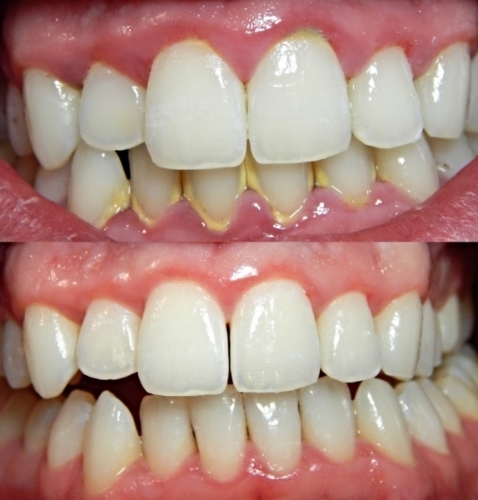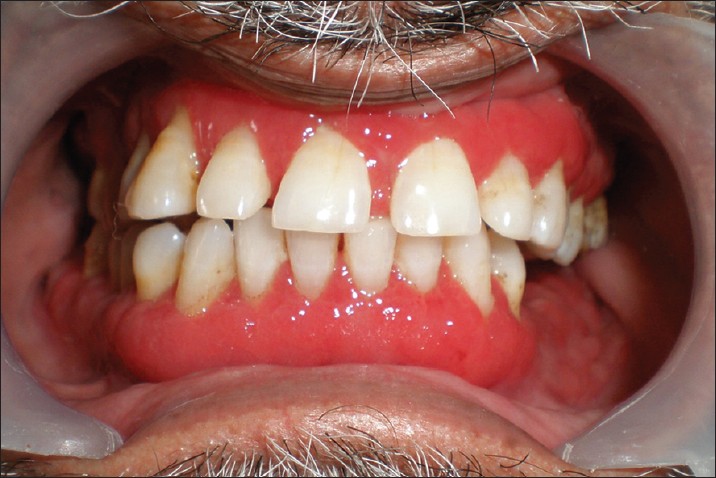
Healthy gums are rosy and red, and firmly surround the teeth, supporting and keeping them I place. Certain factors can negatively impact the health of the gums, and this will cause pain and bleeding.
Prelude to periodontitis
Painful, bleeding gums are more often than not caused by improper oral hygiene. If you do not take proper care in cleaning the tooth gaps, bacteria will flourish. These bacteria will then infect the gums. This is why oral hygiene and a hygiene session every six months is so important, because this will help prevent gingivitis and then later periodontitis from forming. If you already partake in these half year visits, but still get gingivitis, it may be a sign of other problems, and you should see a doctor.
How to treat bleeding gums
An inflammation of the gums can have several symptoms, like puffy, swollen gums, gum recession, and a painful, burning sensation, as well as red and discoloured gums that are sore and painful to the touch. Entry level periodontitis can be cured with mouthwash, special toothpaste and a healthie lifestyle, but sometimes you will have to see an oral surgeon.

Home remedies
Proper tooth brushing technique can go a long way to remedy this problem. It is important to always make little circles when brushing and to not brush vertically, and always choose soft bristled toothbrushes. Don’t forget t clean the tooth gaps with dental floss or an interdental toothbrush, as most infections start form there. You can also use salt water as a rinse, and put tea filters on your gums, or use a sodium bicarbonate past and apply it directly to the gums. Massaging the gums when they hurt is also a good idea.
Lifestyle is also another factor that contributes greatly to periodontal health. You should quit smoking if you do, and try and reduce alcohol consumption, and don’t use mouthwash that contains alcohol, as this will dry out the gums. Avoid snacking as well,as it is very bad for your teeth.
Chairside treatment
If your gums don’t stop bleeding even after several thorough, daily tooth brushing sessions, then you will have to consult a dentist. The dentist will examine your oral cavity, and may need to take an x-ray, and then they will clean the teeth professionally, and they may even prescribe antibiotics. In very severe cases, oral surgery may be necessary. In many cases, bleeding gums can be a symptom of something else, and so you may need the opinion of more than just a dentist.

